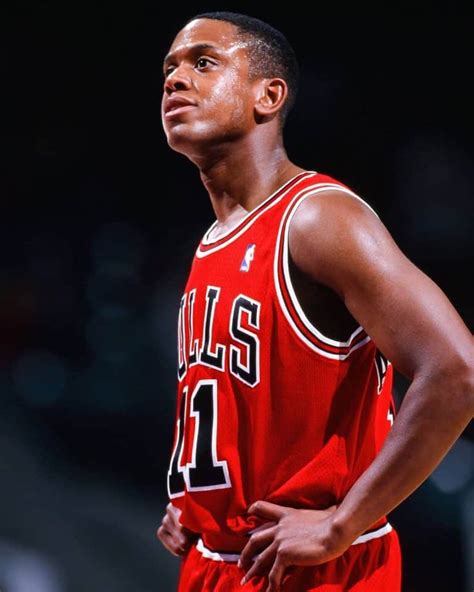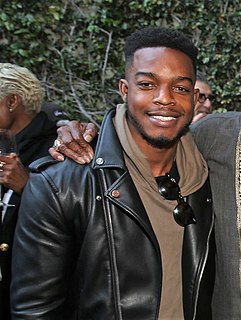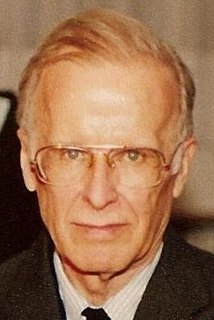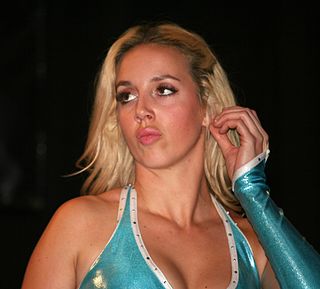A Quote by Mark Zuckerberg
I got my first computer in the 6th grade or so. As soon as I got it, I was interested in finding out how it worked and how the programs worked and then figuring out how to write programs at just deeper and deeper levels within the system.
Related Quotes
Until I reached my late teens, there was not enough money for luxuries - a holiday, a car, or a computer. I learned how to program a computer, in fact, by reading a book. I used to write down programs in a notebook and a few years later when we were able to buy a computer, I typed in my programs to see if they worked. They did. I was lucky.
I wanted to learn how the business worked. I wanted to see how people got drafted, how players got traded, how they got picked up in free agency, how the salary cap worked, how do you manage an organization, how do you negotiate contracts. The Bulls gave me an excellent opportunity to answer all the questions that I wanted to ask.
I got obsessed with impersonations: impersonating people that I knew - people, not famous people but people like my family. At first, it was just fun; it's always been just fun. But I sort of got to a point in maybe seventh or eighth grade where I started getting heavily involved in drama programs via programs in my high school.
After I got out of law school and worked in a big law firm, I thought, there are so many kids like me, in my neighborhood, that could be here if they had more support from their families, better financial aid. But the gap is so wide once you miss that opportunity. So I was always interested in figuring out, How do you bridge that? I felt, as a lawyer, when I was mentoring and working with kids, that I gained a level of groundedness that I just couldn't get sitting on the forty-seventh floor of a fancy firm.
Even my colleagues don't read classic criticism. And my feeling is that if you don't do that then you're not really practicing your craft. That's how you learn how to do it. You don't learn how to write about jazz just from listening to jazz. You learn how to write by reading the great writers and how they worked, the great music critics.
Especially girls, but any kids exposed to music programs and arts programs do much better on their tests. They have a better chance of going to college. They can focus better. You know, we're not just automatons learning how to work machines and do engineering and math and science. All of that's great, but you've got to build a whole person.


































